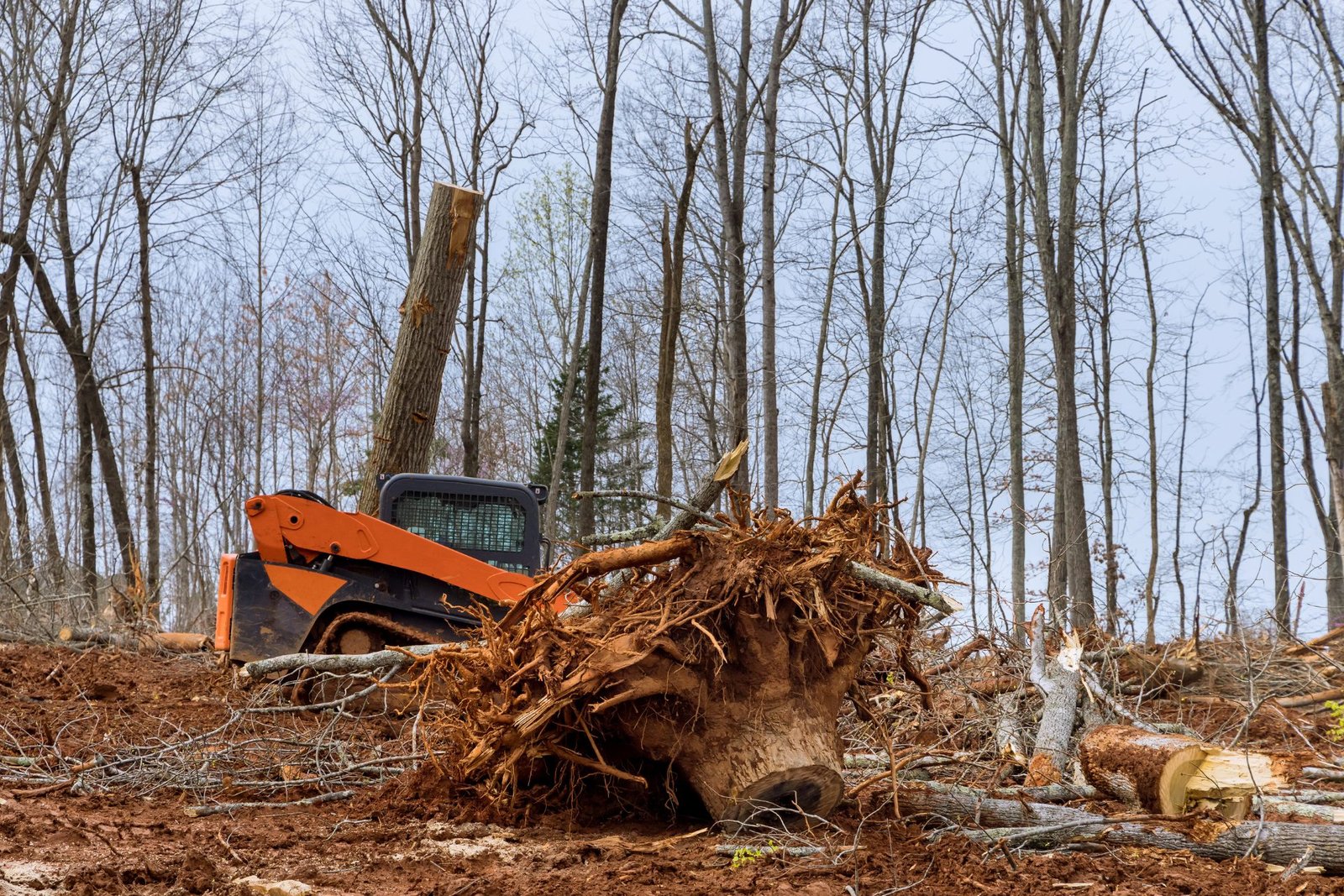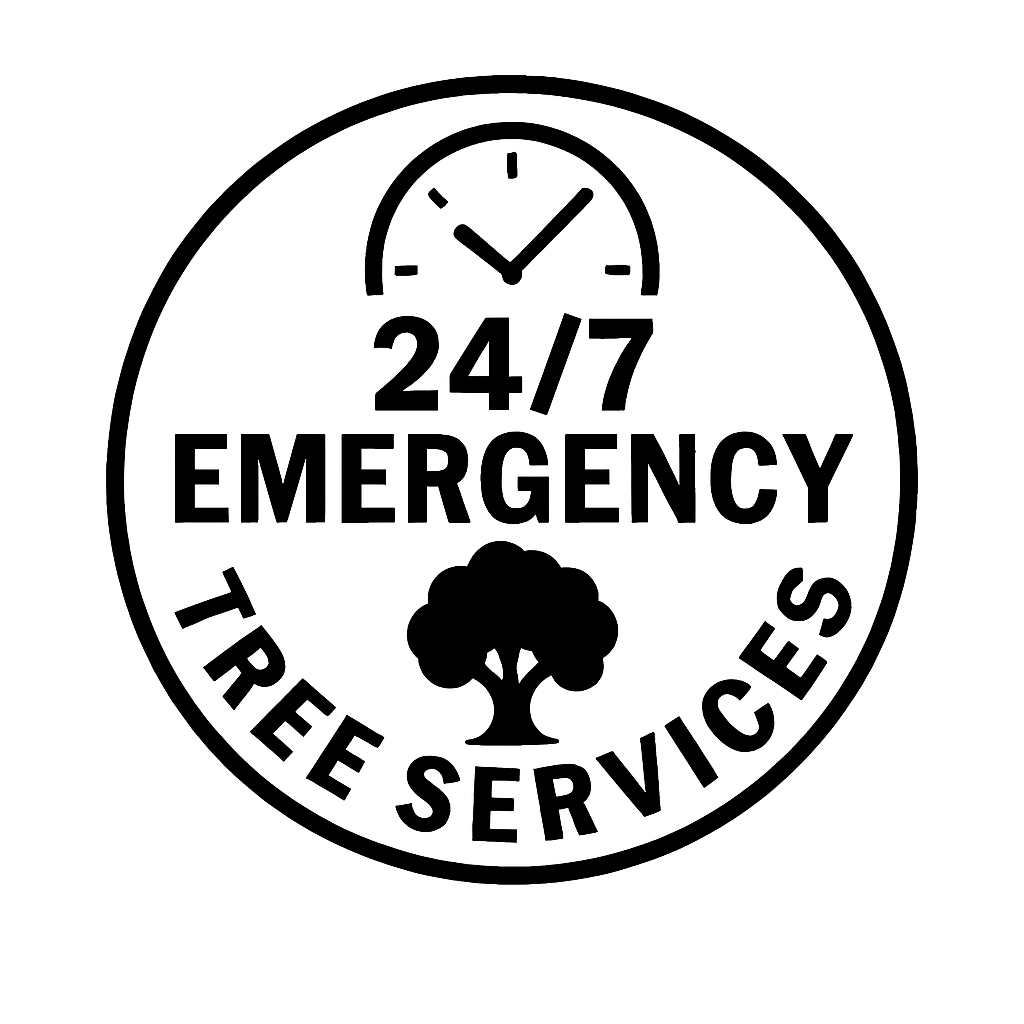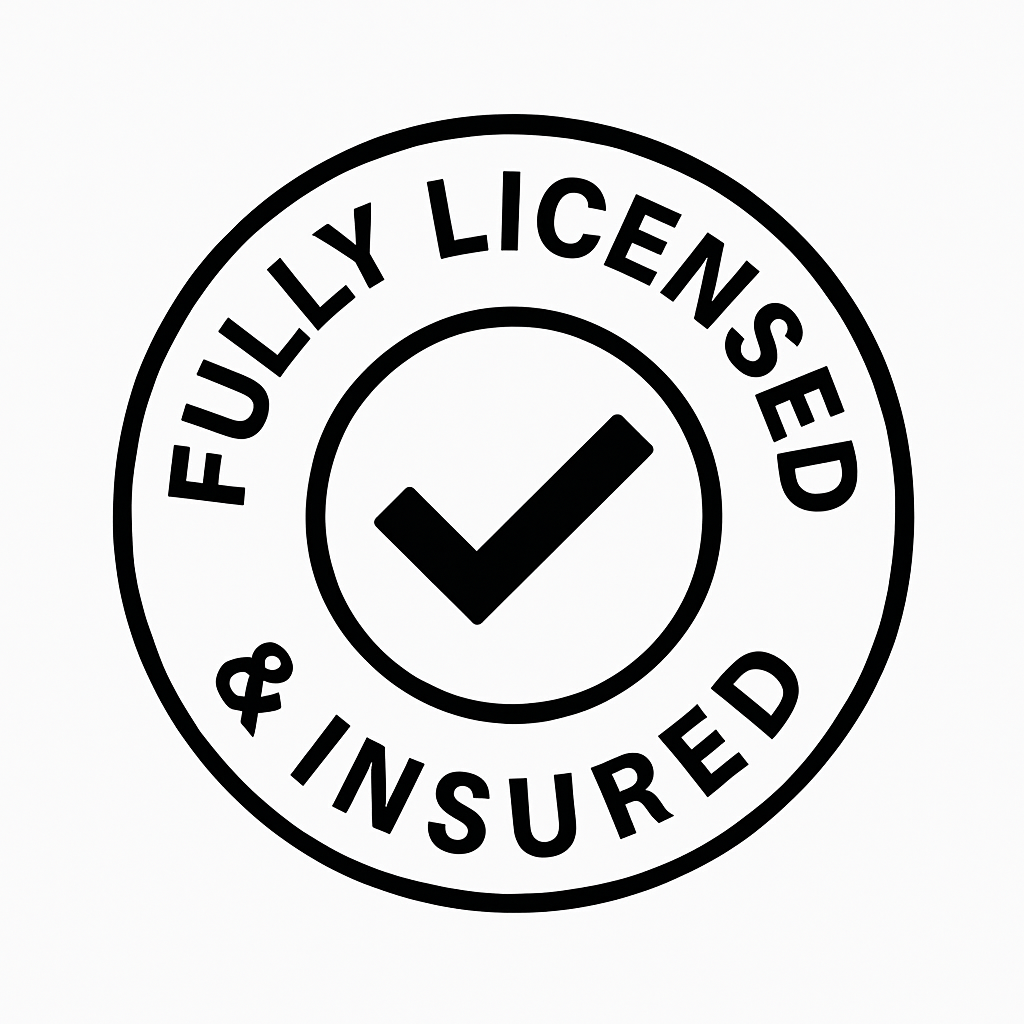When it comes to hiring a tree service company, most homeowners are concerned about three main things: the price, the availability of the service, and how fast the job can be done. But what many don’t realize is that licensing is one of the most important factors in choosing the right team. So, what happens when a tree company dodges the question or they outright refuse to show their license? Is it a red flag?
Absolutely! Let’s find out why.
The Foundation of Trust: Why Tree Service Licensing Matters
Let’s start with a basic truth: tree work is dangerous. Whether it is trimming massive limbs or removing sturdy trees, everything requires proper training and strict adherence to safety standards. Proper equipment is also required to grind the stumps in your backyards and restore the functionality of your landscapes.
A license is important. It shows that the company has met specific state or municipal requirements. This might include proving insurance coverage, passing related exams, and maintaining continuing education. It acts as proof that the company is recognized by local or state authorities in order to perform tree-related services legally and safely.
In short, a license is evidence of professionalism!
No License? What Does It Mean?
If a tree company does not show their license or claims that they do not need one, it signals many things:
- They may not be qualified. This signals that they have received no official certification or have not undergone training. It is like a doctor without any knowledge of medical books treating a patient.
- They might be cutting corners. Operating without a license could indicate that they are skipping all the important parts like carrying liability insurance or workers’ compensation coverage.
- They may not follow local laws. Many cities and counties require a tree removal permit. Especially for work involving heritage or protected trees. A licensed company knows the process and how to comply but an unlicensed one? They might just take a chainsaw and hope for the best.
Understanding the Licensing Requirements
Tree service licensing requirements vary depending on the location mainly. In many U.S. states and municipalities, companies must obtain an arborist license, contractor license, or business license. This is specifically for tree care operations. These licenses are often issued only after proving one has:
- Sufficient industry knowledge
- Valid insurance coverage
- Compliance with OSHA regulations
- They have proper knowledge on how to use and maintain tree climbing gear, bucket trucks, and wood chippers
In some states, companies must employ or be led by an ISA Certified Arborist. It is a designation awarded by the International Society of Arboriculture after rigorous testing and experience requirements. Not all areas mandate this but it remains a strong sign of credibility.
Why Some Tree Companies Avoid Licensing
You might wonder if licensing offers such credibility why would a company avoid it? Well, there are many possibilities:
- Cost Avoidance: The licensing fees, training costs, and insurance premiums can add up. Some companies may skip licensing to offer lower bids. But this “savings” comes with huge risks to you as the customer.
- Lack of Experience: Many unlicensed operators have inexperienced crews. They try to break into the business without a formal background in arboriculture. It is very likely that they do not even have any authentic knowledge about pruning techniques and tree biology.
- Legal Evasion: In some cases, unlicensed businesses are simply trying to avoid taxes and lawsuits. If something goes wrong, say, a limb crashes through your roof–there is little legal recourse if the company wasn’t even operating legally in the first place.
The Hidden Risks to You as a Homeowner
Let’s say you go ahead and hire a company without verifying its license. Everything seems fine until a worker falls from a tree on your property and breaks his leg. What happens next?
Well, if the company does not have any workers’ compensation insurance, the injured worker could sue you. That is right! You could be held financially responsible for medical bills, lost wages, and even more.
Sometimes, even the company can drop the tree on your neighbour’s fence. Without any proper liability insurance, the cost to repair can fall entirely on your shoulders. It is not always necessary that anything goes wrong every time. It is all about a serious gamble. A company that is unwilling to show a license can also be unlikely to pull the necessary permits.
Signs You’re Dealing With an Unlicensed Tree Company
Unlicensed tree services don’t usually advertise the fact. But there are subtle clues you can look for:
- No printed materials: They don’t have any business cards or branded trucks.
- Vague answers: They can’t explain local tree regulations and permit needs.
- Cash-only payments: They insist on avoiding digital payments or invoicing.
- No references: They hesitate when you ask for recent customer reviews or testimonials.
- Unmarked crew: Workers show up in unmarked vehicles often with mismatched or improper safety gear.
How to Verify a Tree Company’s License
You can protect yourself in the following ways:
- Ask for the license number.
- Contact your local licensing authority.
- Check for ISA certification. You can visit the International Society of Arboriculture website and use their “Verify a Credential” tool.
- Request proof of insurance. Ask for a certificate of general liability insurance and workers’ compensation.
Alternatives You Should Consider
If a tree company won’t show you a license, the solution is simple: hire someone else. You have options. Look for companies with:
- Verified licenses
- Strong online presence
- Transparent estimates and service contracts
- Detailed knowledge of local tree laws
- Certified arborists on staff.
Don’t Settle for Less
In an industry where anyone with a chainsaw and a truck can offer their services, credentials matter more than ever. A company that can’t or won’t show its license. It is essentially asking you to take a leap of faith with your money and safety on the line.
Whether it is a simple trimming job or a full tree removal, demand to see the license, the insurance certificates, and the reputation behind the company. If they hesitate, then walk away.
Because when it comes to your home and your safety, it is not just a red flag–it is a dealbreaker.






